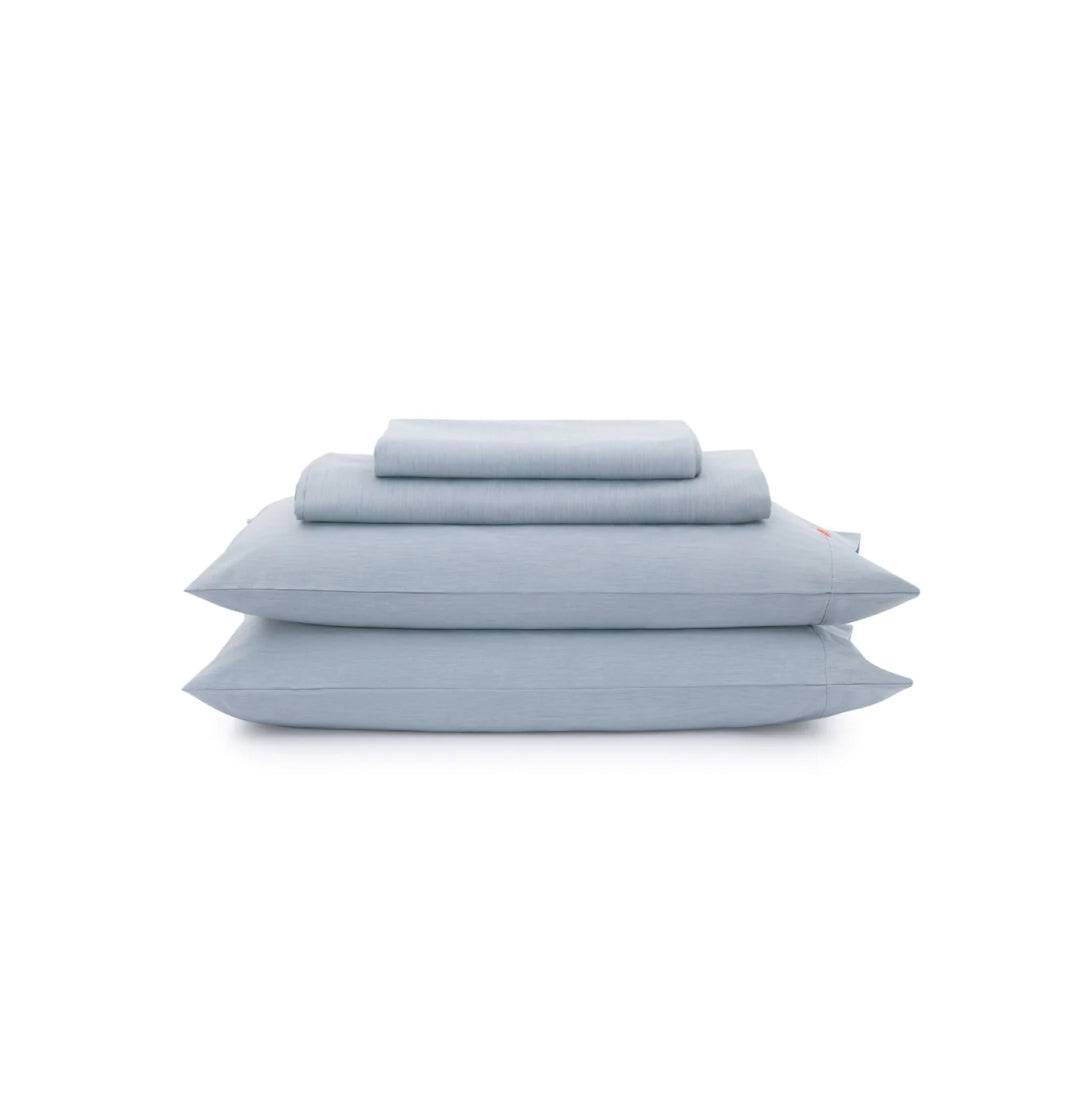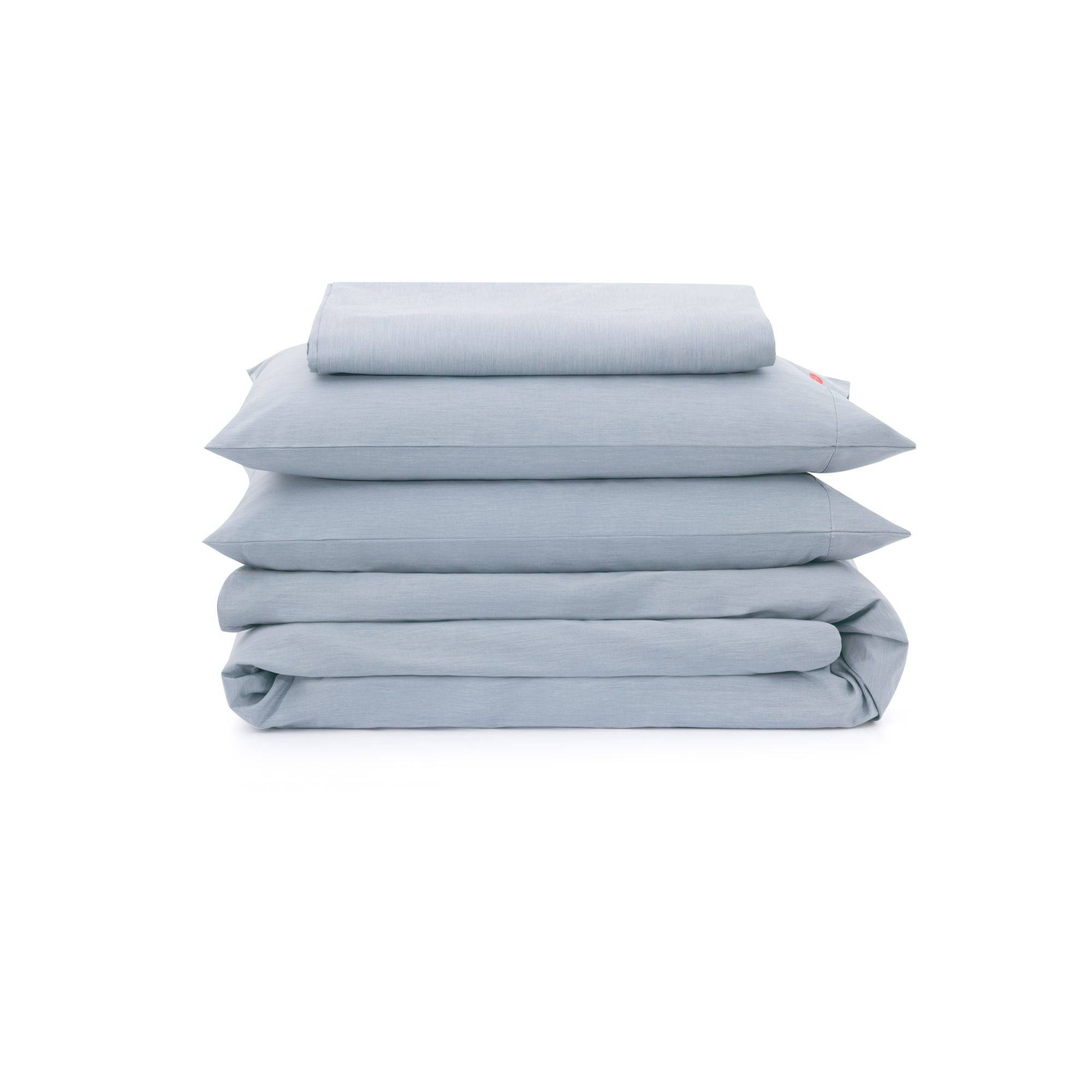"I'll use an example of the BRCA genes which are well-studied. Barbara King at the University of Washington discovered it and — this was 20 years ago so we really understand these genes well — it really only conveys somewhere between 8% and 12% of the risk. The other 90% is what you expose them to. You kind of have, if you have that gene, 50/50 you'll get cancer. But even with that, half the people with the gene don't get cancer. So there's clearly an environmental trigger there."
The textile industry today is hugely complicit in the rise of environmental toxins worldwide. Conventional textile dyeing often involves the use of synthetic chemicals, which can include azo dyes, heavy metals, and other toxic substances. These find their way into our waterways and soil and pose health risks to workers in textile factories and consumers. Exposure to these chemicals has been linked to various health issues, including skin irritations, allergies, and even more serious conditions ...such as cancer.
Exposure to endocrine disrupting chemicals (PFAS, and many others), microplastics (shed by any petroleum-derived fiber such as polyester, nylon, etc), and a myriad of other chemicals that dye textiles or cause them to be wrinkle or stain-resistant and fire retardant all contribute to health concerns. This is most acutely observed in factory workers and in consumers who have the means to constantly buy new (off-gassing) products.
"We kind of see two clusters of high concentrations of cancer: in really really really poor people around manufacturing areas and really really wealthy people like Marin County. And in some of them when I take their toxicology sample, some of these wealthy women, it looks just like they worked at a factory in China." He goes on to share a story of an unnamed patient whose love of new cars -- they annually leased the latest model -- whose lab work chemical profile appeared almost indistinguishable from someone who worked in the auto factory.











Leave a comment
All comments are moderated before being published.
This site is protected by hCaptcha and the hCaptcha Privacy Policy and Terms of Service apply.